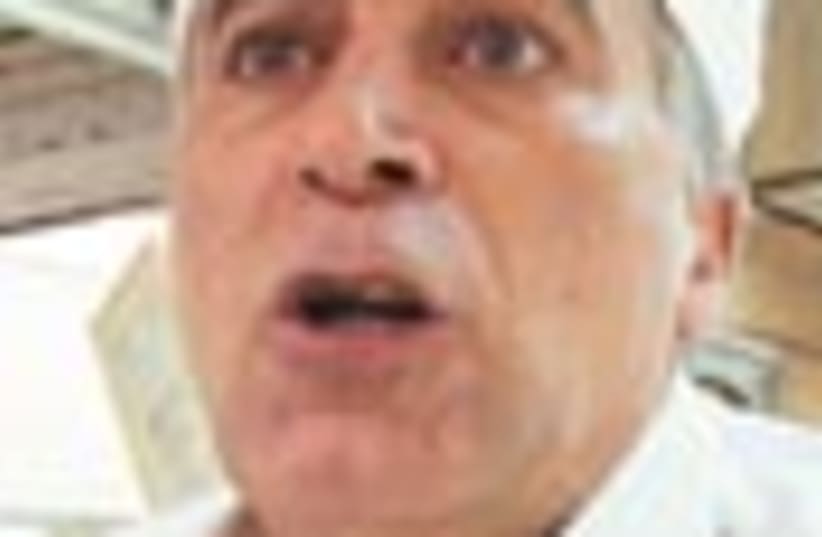| More about: | Benjamin Netanyahu, Menachem Begin, Yedioth Ahronoth, Yitzhak Rabin |
Labor's neighbors
If Labor is to win the elections, it will have to win Tel Aviv's Hatikva Quarter market first.


| More about: | Benjamin Netanyahu, Menachem Begin, Yedioth Ahronoth, Yitzhak Rabin |